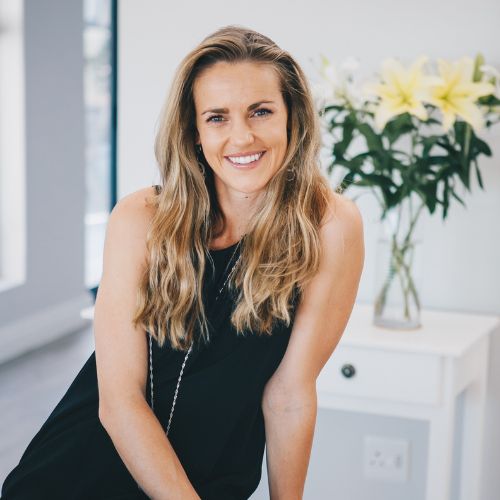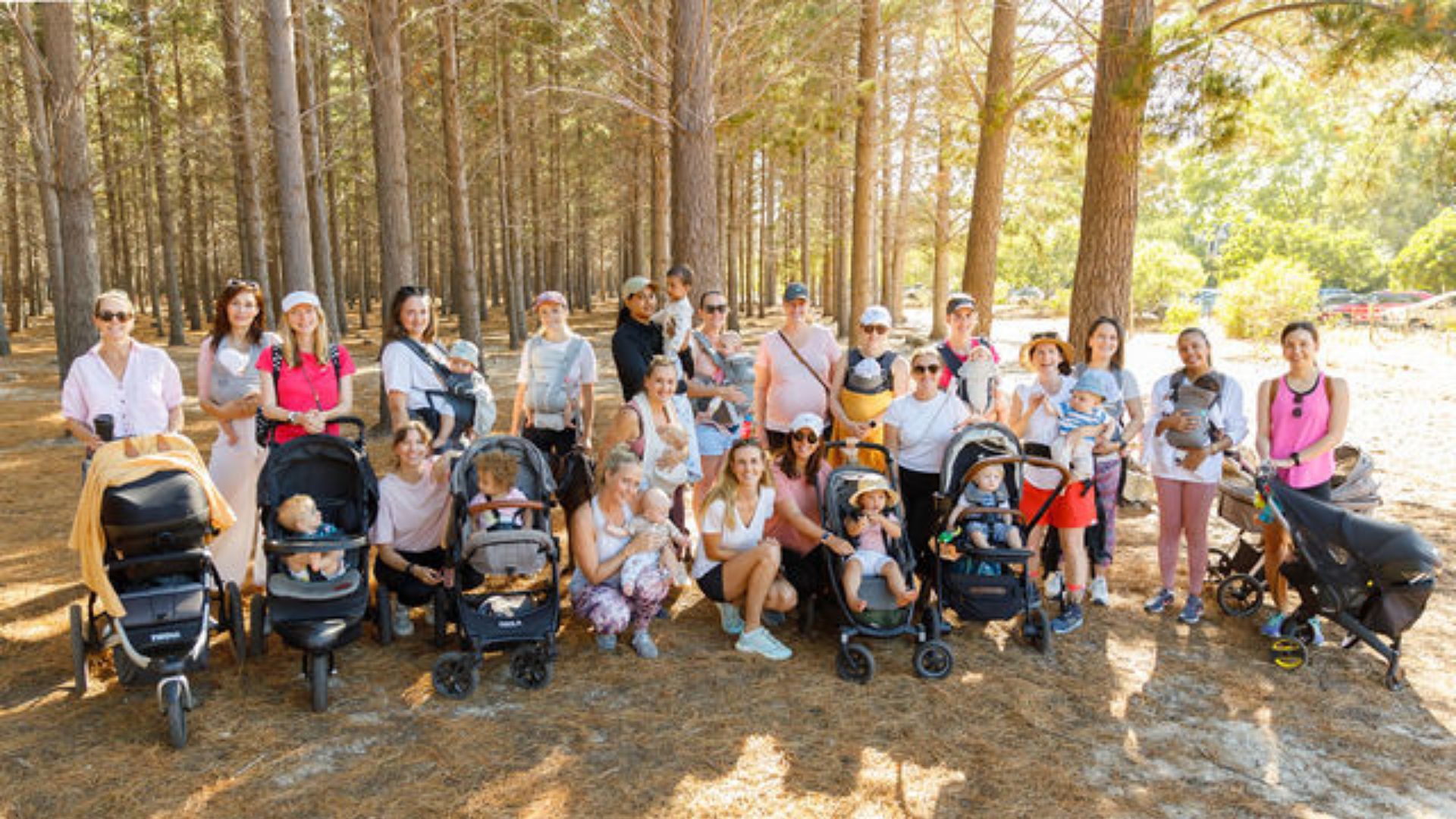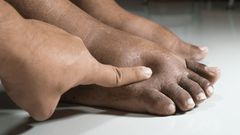In Nigeria and across West Africa, the postpartum period presents a complex, often underestimated phase for new mothers. Beyond the immediate physical changes after childbirth, women face emotional and mental shifts that can feel overwhelming, particularly in societies where support systems may be stretched thin or informal. Despite the vital role that extended family and community have traditionally played in the region, urbanisation, busy lifestyles, and shifting work patterns mean many new mothers now navigate these challenges largely on their own. It’s against this backdrop that global and local voices are raising the alarm: more robust communal support for new mothers is needed, now more than ever.
Nigerian and Global Realities: New Mothers Need Stronger Support
It’s no secret that African societies have long celebrated the concept of “it takes a village to raise a child.” Yet, recent trends suggest that this village is shrinking for many. According to a study from the City of Tshwane, South Africa, many first-time mothers discharged early from the hospital lacked confidence and adequate knowledge to care for themselves and their babies. Traditional structures, such as omugwo in Nigeria (where grandmothers assist postpartum), may be unavailable due to distance, work, or changing family dynamics. The study stressed the need for alternative social support models that keep mothers from feeling isolated and overwhelmed during these formative weeks.
The Nigerian experience mirrors these findings. “After my second child, my mother could only stay for a week, and my husband worked in another state,” says Ifeoma, a Lagos-based teacher. “Even my neighbours were busy, so I found myself alone, restless, and unsure—I even questioned whether I was a good mother.” Her perspective echoes the story behind the widely followed Parent Hub community on Instagram (the.parent_hub), started by South African mom Christie Buss, who also turned her personal struggles into a growing support network. Christie recounts how, after her third child was born, exhaustion and isolation left her struggling daily. Friends invited her out, but childcare, breastfeeding demands, and her son’s medical needs made it impossible to participate in social events. “I really felt a little bit alone, exhausted, and like, I didn’t know what I was doing, and it was just such an overwhelming, lonely journey,” Christie said, describing the kind of invisible load that transcends borders and cultures.
How Community-Led Support Groups Fill the Gap

Determined to break the silence and find her “village,” Christie leveraged already established online connections through The Parent Hub. In a moment of frustration, she posted on Facebook, inviting other mothers to meet for a simple walk. Unsure if anyone would show, she soon found herself joined by four women—each with a baby and remarkably similar struggles. Sharing their stories, Christie discovered that three also dealt with colicky, sleepless babies. “In that moment, I was just like, ‘Oh my goodness. This is so needed. This is so needed.’” Her experience holds lessons for Nigerian and West African mothers, many of whom feel pressure to be strong and self-reliant but quietly desire more connection and empathy.
According to Frontiers in Psychiatry, perceived lack of social support is a major risk factor for postpartum depression and other mental health challenges. Nigerian mental health advocate Dr. Yewande Tinubu says, “We see many clients who internalise their stress because they fear being judged or misunderstood. Community initiatives can offer a safe space—with no pressure or expectations.” Internationally, the happiest societies—typically in Scandinavia—reportedly offer not just paid paternal leave and affordable childcare, but cultural understanding that raising children is a shared responsibility (CNBC, 2024). Many of these nations lead in gender equality rankings and have robust leave policies that support both parents, making it easier for mothers to focus on recovery and bonding with new babies while staying connected to the workforce.
What Nigerian and West African Mom Communities Bring to the Table
Across Nigerian cities like Lagos and Abuja, informal meet-ups have sprung up in response to these needs—sometimes organized via WhatsApp groups, faith-based circles, or professional associations. Increasingly, platforms modelled after The Parent Hub—whether virtual or physical—offer mothers:
- Peer-to-peer advice and shared experiences on feeding, sleep, and recovery
- Emotional support, validation, and understanding of mental health
- Opportunities for group exercise, walks, or ‘baby and mom’ classes
- Safe spaces to discuss challenges like returning to work or handling in-law pressures
- Platforms for entrepreneurial moms to network and share business tips
The Parent Hub itself has grown from simple walks to a multi-location movement operating in the Western Cape, Johannesburg, Port Elizabeth and Durban, as well as providing space for specialist meet-ups, including businesswomen and yoga enthusiasts. Inspired by this model, Nigerian mothers like Ngozi in Port Harcourt have started similar local circles. “We just wanted to meet other new moms, swap stories, and sometimes, just sit together quietly,” she shares. These groups not only provide companionship but also enable women to pay forward their own survival tips after making it through the earliest months of motherhood. This mentorship element remains a core value for many African societies—offering wisdom, reassurance, and sometimes practical help to the next mother adjusting to her new role.
Mother of three and entrepreneur, Zainab Musa from Kaduna, points out, “More mothers today are also breadwinners or run small businesses from home. We need support beyond just traditional family structures. Technology helps us find each other and organise what our mothers’ generation did naturally.” Her sentiment underscores the gap that many urban and peri-urban Nigerians face, especially as workplace maternity leave remains short and accessible, quality daycare is expensive or unavailable for many households.
As mothers re-enter the workforce, often balancing demanding jobs with household and childcare duties, retaining a sense of community can become even harder. Christie Buss’s hope to expand Parent Hub’s offerings to mothers of older children perhaps holds a blueprint for local adaptation: “I realised that we live in this world where the majority of families are no longer where dad goes to work and the mum stays at home, looking after a baby and creating community,” she noted. “Many of us are working and cleaning the house and cooking, and unfortunately, the thing that we’re leaving behind are friendships and community.”
Challenges and Opportunities: Towards Sustainable Mom Networks in West Africa
Despite the progress made, building inclusive, sustainable support groups faces real hurdles: Nigeria’s diversity in language, religion, and socioeconomic status means not all mothers feel equally represented or able to participate. Transportation, security, and cost pose further barriers for many women, especially in rural areas. However, digital communities—via Instagram, WhatsApp, and Facebook—are bridging gaps for working women, single moms, and those in remote communities, offering safe anonymity alongside advice and encouragement.
Experts say more needs to be done at the policy level. While some Nigerian employers offer paid maternity leave, it is often shorter than the International Labour Organization’s recommended minimum and is rarely available to women working informally or in small businesses. Advocacy for better workplace policies, maternal healthcare, postnatal mental health support, and subsidised childcare is growing louder—not only among mothers but also among men, elders, and employers interested in community well-being and productivity.
Learning from models that succeed in promoting mother-focused support—like Parent Hub or similar initiatives in Kenya and Ghana—offers both practical strategies and hope for families across Africa. Whether the answer lies in digital platforms, structured groups, or cultural traditions reinvented for urban lives, what remains clear is that mothers do better when they are seen, supported, and celebrated, not left to struggle alone.
What support networks exist in your community for new mothers, and how can they be strengthened to meet today’s realities? Join the conversation below and share your thoughts on how Nigerian and West African families can sustain their “village” for the next generation.
Want to share your own story or know a mother’s journey that deserves to be told? We believe every voice matters. Email your story to story@nowahalazone.com and get featured on our platform, or discuss opportunities for story sales.
Follow us on Facebook, X (Twitter), and Instagram to be part of a community that’s here for you.
Ready to make a difference? Drop a comment below—what support has made a difference for you or someone you know, and how can we strengthen the mothers’ community in Nigeria and Africa?










